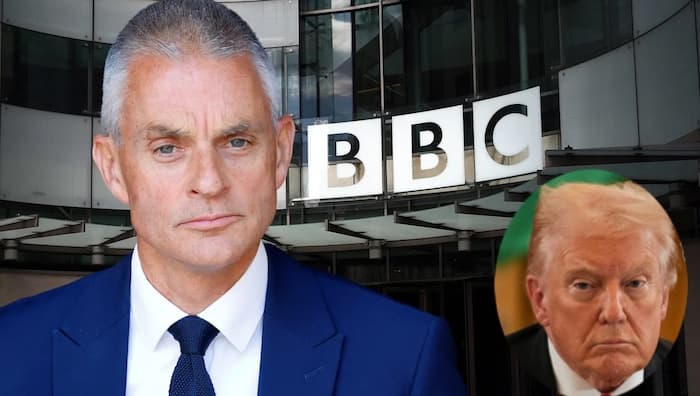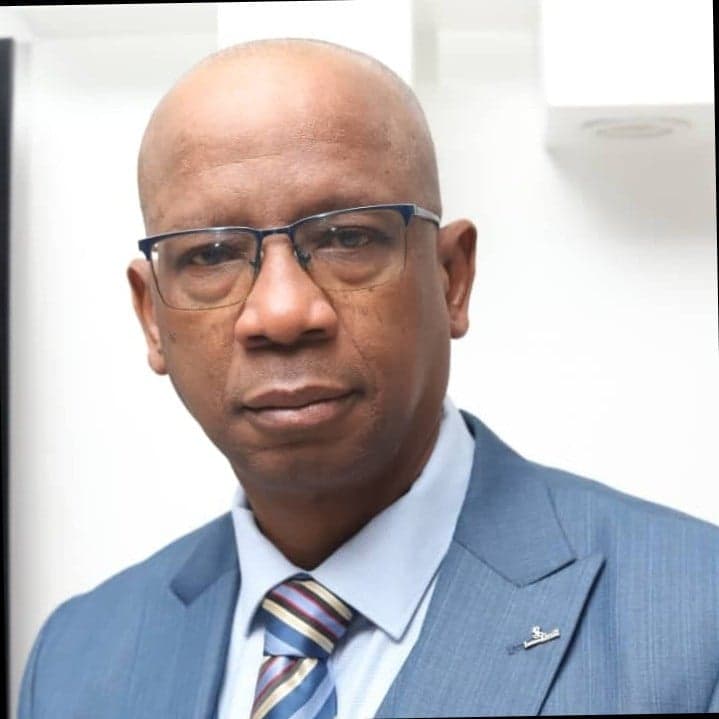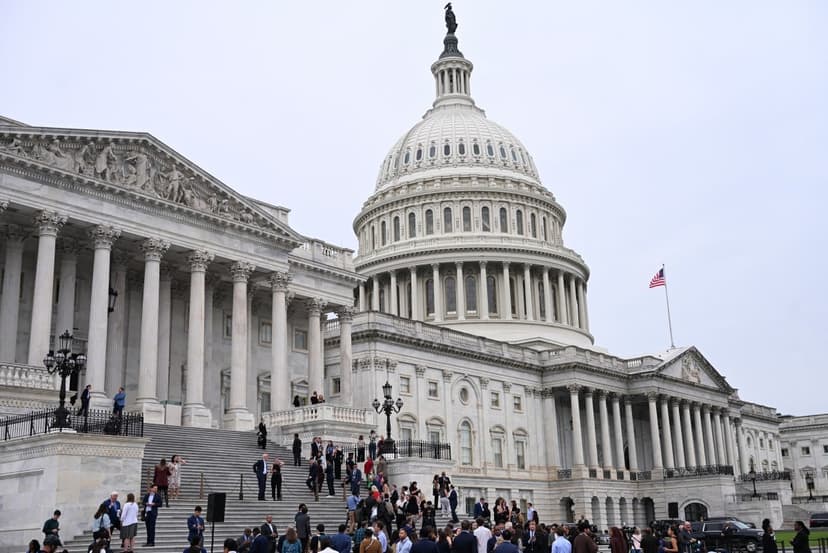
The BBC Director General Resigns Due to the Scandal of the Edited Trump Documentary.
This controversy exploded when *The Telegraph* revealed a leaked internal memo. This memo exposed how the *Panorama* program had cleverly stitched together two entirely separate parts of Trump's speech from January 6, 2021. These clips, originally more than 50 minutes apart, were combined to create the false impression that he was directly inciting the Capitol Hill riot.
For context, in his actual speech in Washington D.C. on January 6, 2021, Trump stated: “We’re going to walk down to the Capitol, and we’re going to cheer on our brave senators and congressmen and women.” However, the *Panorama* version presented him saying: “We’re going to walk down to the Capitol… and I’ll be there with you. And we fight. We fight like hell.” Notice the subtle yet significant difference.
Davie, who had been at the helm of the BBC for five years, explained that while this particular controversy "understandably contributed" to his choice to resign, it wasn't the sole factor. He candidly admitted that the broadcaster had "made mistakes," and as the Director General, he bore the ultimate responsibility. "Like all public organisations, the BBC is not perfect," Davie remarked, emphasizing the need for constant openness, transparency, and accountability.
Deborah Turness, CEO of News and Current Affairs for three years, also handed in her resignation. She stated that the *Panorama* episode had "reached a stage where it is causing damage to the BBC." Turness underlined the importance of accountability for public leaders, but firmly denied any allegations of institutional bias within BBC News.
Interestingly, these high-profile resignations came just before BBC Chairman Samir Shah was set to appear before Parliament. He was widely expected to issue an apology for the problematic editing of Trump's speech. Shah himself commented that the double departure marked "a sad day for the BBC" and fully endorsed Davie's leadership during his time.
The leaked internal memo, penned by former BBC adviser Michael Prescott, did more than just flag the *Panorama* incident. It also brought to light deeper "systemic problems" concerning bias within the organization, pointing to everything from its coverage of the Israel-Gaza conflict to its reporting on trans issues.
The White House swiftly labeled the corporation as "100% fake news," while Donald Trump himself enthusiastically welcomed the resignations. He alleged that BBC executives were "caught doctoring my very good (PERFECT!) speech," further accusing the broadcaster of attempting to "step on the scales of a Presidential Election."
This particular controversy, unfortunately, isn't an isolated incident. It's the latest in a series of recent editorial crises for the BBC, which include complaints about impartiality, failures to disclose conflicts of interest, and breaches of guidelines related to harm and offense.
Reactions from media personalities and politicians across the political spectrum came quickly. Former BBC executive Roger Mosey found the Trump edit "doesn’t seem defensible," and Channel 4’s Dorothy Byrne criticized the "inordinate" delay in issuing an apology. Culture Secretary Lisa Nandy commended Davie for his service, calling him a "steady hand" during "a period of significant change." However, Conservative leader Kemi Badenoch believed the resignations were "right but not enough," arguing that "serious failures run far deeper." Liberal Democrat leader Sir Ed Davey called for the BBC to "turn a new leaf," while Nigel Farage demanded "wholesale change" in leadership.
Davie, a veteran of the BBC for over two decades, stated that the timing of his exit would ensure an "orderly transition." This, he added, would give his successor ample opportunity to help shape the next Royal Charter, the crucial document governing the BBC's funding and regulation, ahead of its renewal in 2027.
As Britain's national broadcaster navigates one of its most turbulent periods in recent memory, the formidable challenge for its incoming leadership will be to painstakingly restore public trust, regain political balance, and reaffirm journalistic credibility amidst escalating scrutiny both domestically and internationally.


